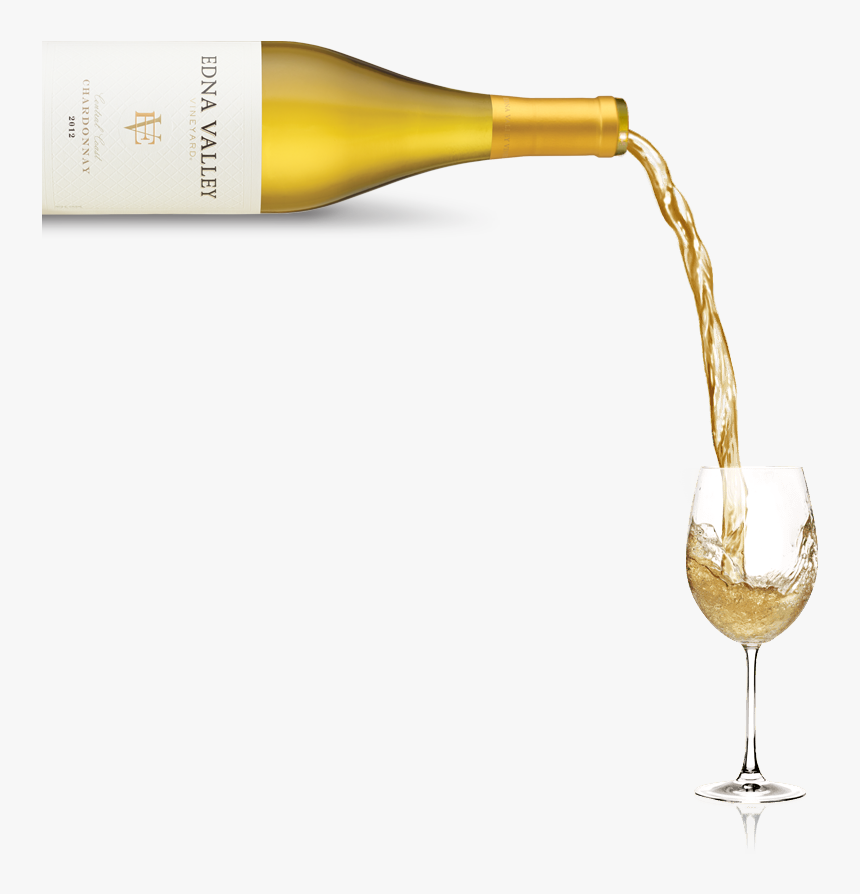Some things just don’t improve as the years go by. Star Wars prequels and my waistline are two examples that immediately come to mind, but many others exist.
However, there are some things that do improve with age. While your first thought may be of your favourite comfy blue jeans or the cast iron pans handed down from your grandmother, your intrepid liquor reporter is referring to wine.
Yes, gentle reader, an oft-repeated tale heard at vineyards and booze merchants the world over is that wine will improve with age.
While it is not necessarily true that every bottle you purchase at the local Swig n’ Save will improve if you wait a year before opening, there is widespread agreement that all wines have a life cycle, which may be anywhere from days to years.
As an amateur home winemaker, your humble narrator is familiar with bottle shock, a term used to describe a wine that was very recently bottled, and the flavours and aromas of the wine may still be suffering from that less than gentle transition from barrel to bottle.
Symptoms of bottle shock often include a closed or minimal bouquet, robbing the potential drinker of the full enjoyment of the wine.
Different wines will mellow and mature differently in the bottle, based on their own composition, level of acidity, alcohol, time spent aging in wooden barrels, etc.
There is certainly no single answer that fits all wines, so winemakers have had to rely on their long experience to guide them.
At one end of the spectrum, we have the Beaujolais Noveau wines, which are meant to be consumed almost immediately after bottling. This is a rather unique wine, using carbonic maceration to pump CO2 through the juice while fermenting, which results in almost no tannins in the wine.
The majority of white wines are also best when consumed young, as they generally lack substantial tannins in the bottle. Plan to drink most of your whites the same year you buy them.
Red wines, on the other hand, usually get better with age, although the age ranges from a few months after bottling all the way to a few decades, depending on the wine.
The phenolic compounds in red wines will mellow and mature as they continue to undergo chemical reactions in the bottle, with the flavours imparted by the oak barrels becoming less intense as time passes. The bitter tannins soften with time, letting the true nature of the wine express itself.
An easy rule of thumb is that cheap wines don’t need to be aged. No one buys a $20 bottle of Yellow Tail Merlot unless they plan to drink it that night, and the winemakers understand this.
Many wineries will not release a wine to the public the same year it is bottled, just to ensure that it has had sufficient time to mellow in the bottle before the unwashed masses start chugging it down.
However, the more premium wines, say $35 and up, generally have seen more time aging in expensive oak barrels, and are fermented from the grapes of older vines, which produce less fruit, but the fruit they produce is much more intensely flavoured.
These variable production costs at the vineyard are often what makes the difference between a $15 and a $35 bottle, and the higher priced wine generally has a higher alcohol level, as well as a bolder tannic structure, which needs a few more years to fully mellow out.
Forward-thinking vintners realize that most consumers do not have appropriate wine cellars for aging, so their higher-priced wines tend to be retained at the winery for a year or two after bottling, then released at a higher price to reflect the storage costs associated with pre-aging at the winery.
Spanish wines are particularly celebrated for this practice, with wines regularly being held for 3 to 5 years after bottling, then finally released to the public when they have fully matured.
This is one of the reasons your intrepid liquor reporter finds Spanish wines such a bargain, as most of them have already been aged at the winery, turning them into a premium bottle at a bargain price.
So, don’t go crazy by aging your $10 bottle of plonk, but try laying down a nice bottle or two today for a special occasion in 2015, and enjoy the wine as it was meant to be!






